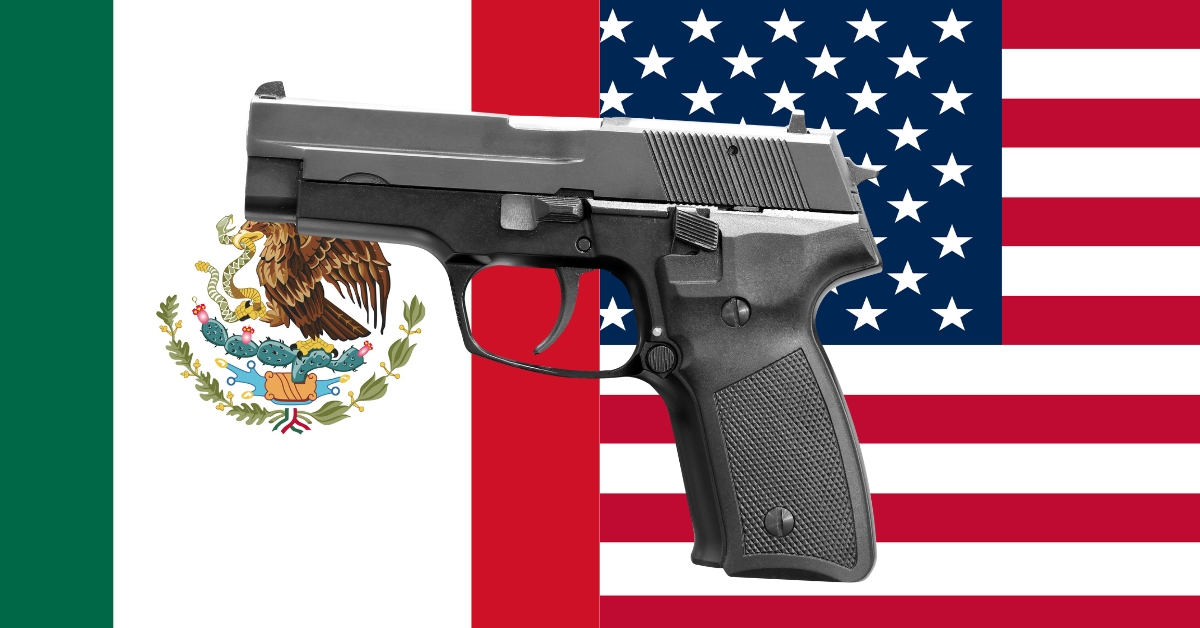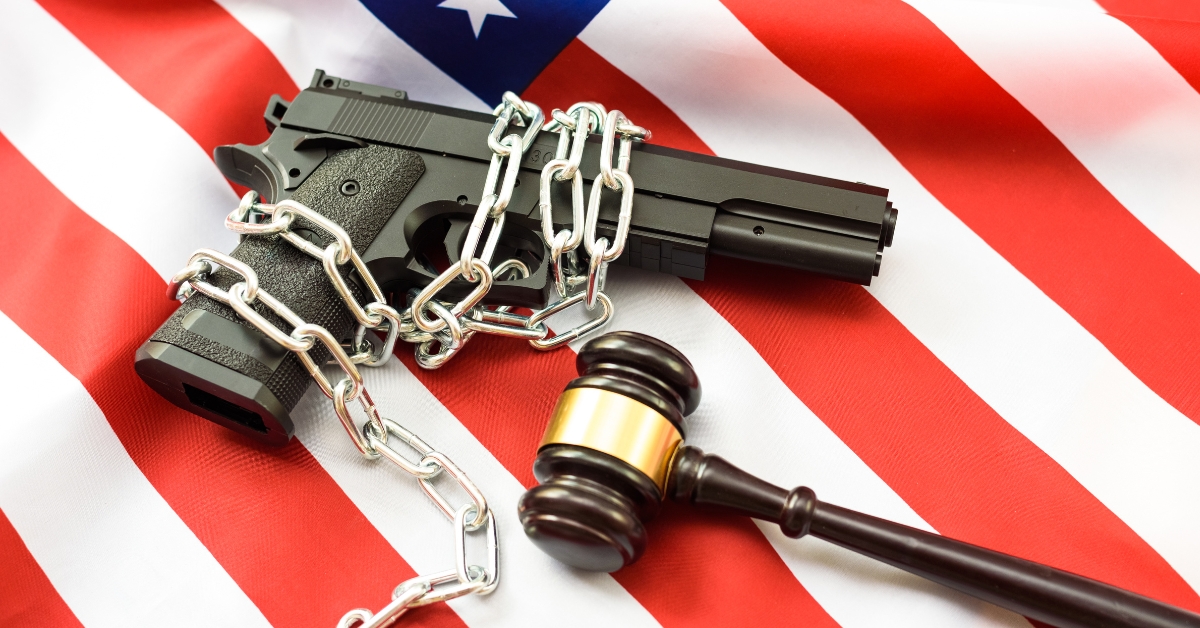
Federal Judge Rejects Lifetime Gun Ban for Non-Violent Offense
In a significant legal development reminiscent of past cases, a federal judge in Pennsylvania has ruled against a lifetime gun ban for a man with a non-violent misdemeanor offense. The decision follows the precedent set by the Third Circuit Court of Appeals in Range v. Garland, emphasizing the individual’s right to exercise their Second Amendment rights even after a non-violent conviction.
Edward Williams faced a firearm prohibition due to his 2005 DUI arrest and misdemeanor conviction, punishable by up to five years in prison. Despite not serving jail time, the misdemeanor conviction triggered the prohibition, preventing Williams from possessing or purchasing firearms. However, the recent ruling challenges this restriction, asserting that a non-violent misdemeanor should not automatically result in a lifetime ban on Second Amendment rights.
Williams had previously attempted to challenge the statute in 2017, facing a denial. Following the Supreme Court’s decision in Bruen last year, he applied for a re-hearing. Supported by the Firearms Policy Coalition and represented by attorney Joshua Prince, Williams found success in his renewed legal pursuit.
U.S. District Judge John M. Younge applied the Court’s text, history, and tradition test to Williams’ case, drawing on the precedent set by Range v. Garland. The judge determined that denying Williams access to his Second Amendment rights based on a non-violent misdemeanor conviction was inconsistent with historical firearms regulations. The ruling emphasized the need for a well-established historical analogue to justify firearm restrictions and challenged the government’s argument that modern regulations align with historical precedents.
While acknowledging concerns about alcohol-related offenses, Judge Younge expressed reservations about deeming DUI convictions sufficiently analogous to historically dangerous conduct warranting disarmament. He noted that regulations prohibiting the carrying of firearms while intoxicated did not support permanent disarmament.
The ruling acknowledged the seriousness of drunk driving but questioned the appropriateness of permanent firearm restrictions for individuals with DUI convictions. The comparison was drawn to the fact that Williams could obtain a driver’s license and purchase a vehicle despite his DUI conviction, highlighting the inconsistency in punishment.
It is anticipated that the Department of Justice may appeal the case to the Third Circuit, but given the precedent set by Range, it is unlikely to garner a favorable response. With the Supreme Court having the opportunity to weigh in on similar cases, the decisions in Range and Williams may pave the way for a reevaluation of firearm restrictions based on non-violent misdemeanor offenses.














